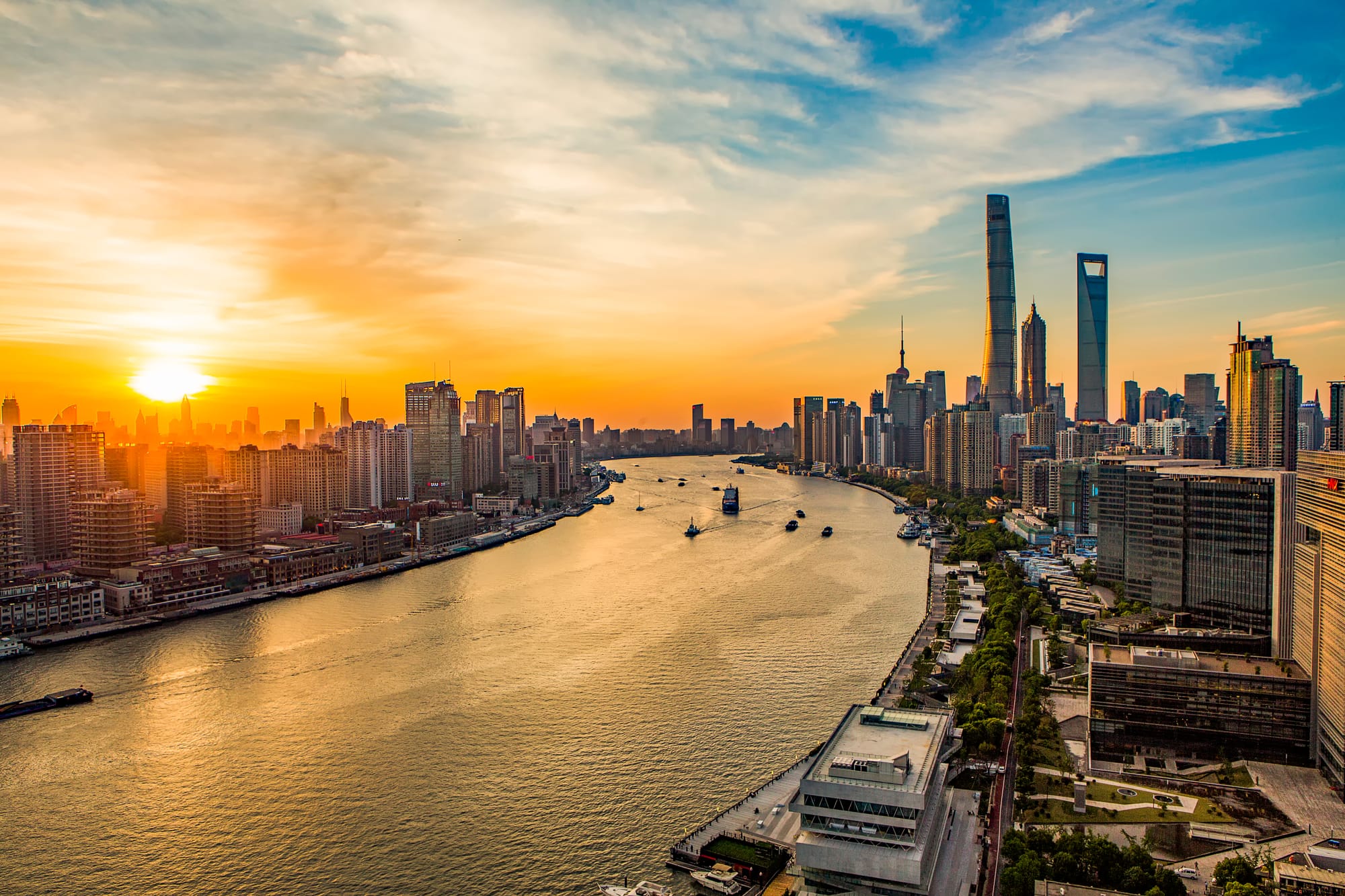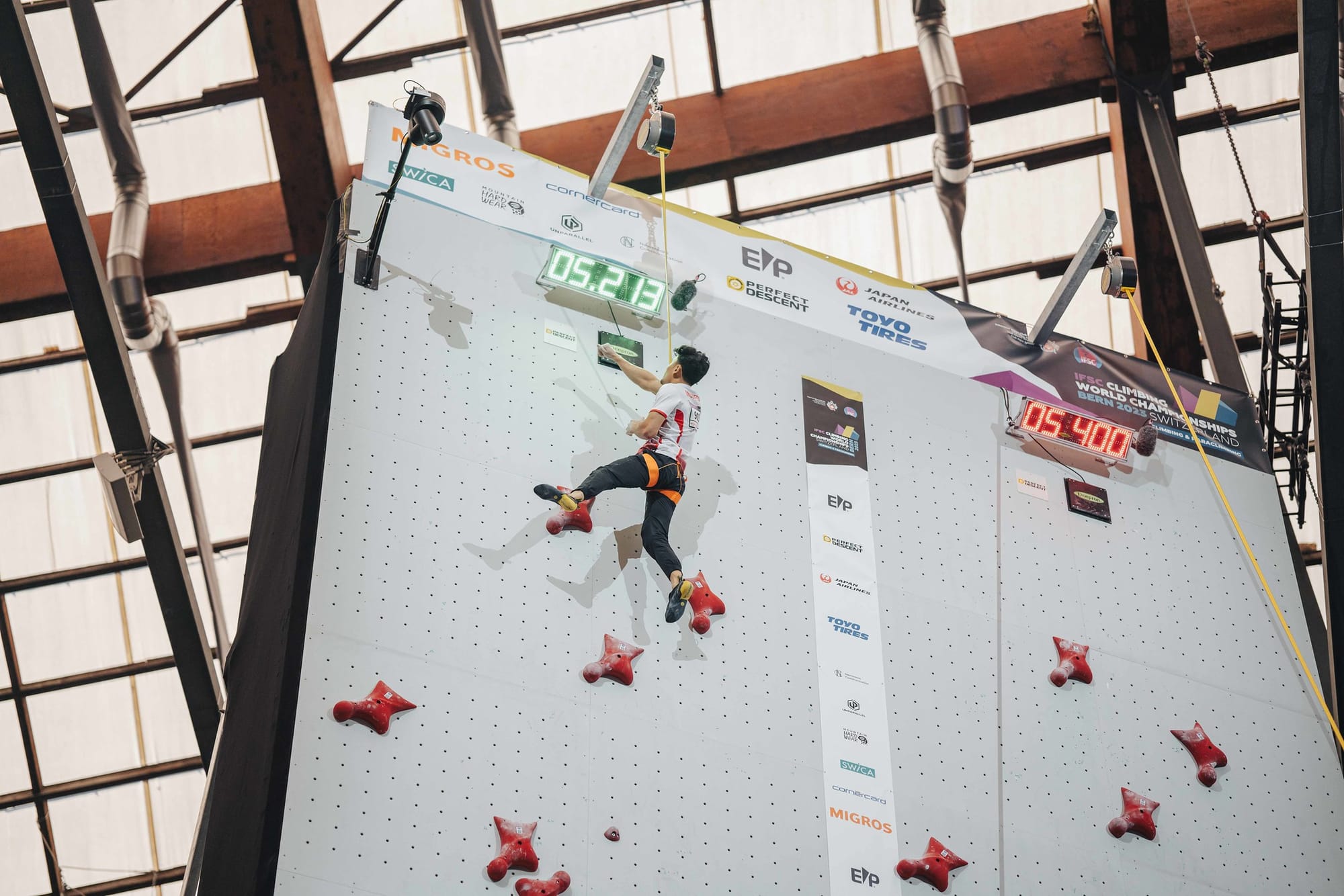For the Paris 2024 Olympics, the International Olympic Committee (IOC) is doing something they have never done before.
They have organised a series of events outside the Olympics for the first time, the Olympic Qualifier Series, where athletes compete for Olympic tickets.
The Series will feature 4 “urban” sports: Sport Climbing, Breaking, BMX Freestyle, and Skateboarding. The Series promises to celebrate the diversity of sports and athletes and create a festival atmosphere. The Series will be the last opportunity for athletes to qualify for Paris 2024.
But why does the OQS exist?
Why does the OQS Exist?
So why does the OQS exist? The IOC created the Olympic Qualifier Series to realise part of the Olympic strategy from 2020-2025. The OQS fulfils point 6 of the strategy to
Enhance and promote the Road to the Olympic Games
which
- Elevates the Olympic Brand,
- Help athletes promote their Olympic journey,
- Increases engagement with stakeholders and
- Deepens the connection with the Olympic journey and- Streamline sporting calendars
The initiative builds on the success of urban sports at the Tokyo 2020 Olympic Games and the Buenos Aires 2018 Youth Olympic Games. These events are a precursor to the urban park on the Place de la Concorde at the Paris 2024 Olympic Games.
When and Where Is the Series Being Held?
There will be two events in the OQS. The first will be in Shanghai, China, on May 16-19th on the Huangpu Riverside. The second will be in Budapest, Hungary, on June 20-23rd at the new Lukovika Campus for the National University of Public Service.

Pierre Fratter-Bardy, Associate Director for the Olympic Games Strategy and Development, commented on the timing for the OQS
“The timing, from May to June, has been chosen to build excitement and momentum for the Olympic Games, which in turn will benefit the host region and country of Paris and France. The Series will conclude in Budapest on Olympic Day, 23 June 2024 – which also marks the final day that athletes for any sport will be able to qualify for Paris 2024.”
The city of London had been scheduled to host one of the events in the Series. It was cancelled due to the UK government’s stance against allowing Russian and Belarusian athletes to compete.
The schedule for Sport Climbing has not been announced, nor have tickets been released at the time of publication.
Who Will Be There?
The OQS brings together athletes from Sport Climbing, Breaking, Freestyle BMX and Skateboarding.
There will be 464 athletes competing across the sports:
- 160 in Sport Climbing - 48 per gender in combined Boulder&Lead and 32 per gender in Speed,
- 80 for Breaking - 40 per gender,
- 48 for BMX Freestyle - 24 per gender,
- 176 for Skateboarding - 44 per gender for street and park styles.
Boulder&Lead is the new Olympic combined format for Sport Climbing, where athletes score points depending on how well they do on the boulders and lead route. Unlike in Tokyo 2020, their score does not depend on other athletes. Speed will follow the current format: 2 timed runs in qualification, with the fastest 16 going into the final. The final is a bracket format, with the fastest running against the slowest and the winner progressing through each stage.
The IFSC announced who will be competing in Sport Climbing on 18 December based on the OQS selection criteria. The list of athletes must include:
- The highest-ranked French athlete
- The highest-ranked athletes from each OQS hosting country, China and Hungary,
- The highest- athlete from each Continent
- The highest-ranked athletes from each Universality country.
All the favourites yet to qualify will be there.
Current Speed World Record holder Leonardo Veddriq and 2021 Speed World Champion Natalia Kalucka will be favourites to win the Series. Former Olympians Ludovico Fossali and Rishat Kaibullian will be competing to attend their second Olympic games. We will see newer faces, including Beatrice Colli, Peng Wu, Capucine Viglione, and Rajiah Sallsabillah, who have started competing in World Cups since 2020.

In Boulder&Lead, Olympic gold medal winner Alberto Ginés López will be competing. Alongside him, former Olympians Alexander Megos, Adam Ondra, Michael Mawem, Jongwon Chon, Christopher Cosser, Yufei Pan and Sean Mccoll will all attend the Series. Former Olympians Brooke Raboutou, Miho Nonaka, Kyra Condie, Chaehyun Seo, Alannah Yip, Laura Rogora, and Mia Krampl will also compete for Olympic tickets.
We will see younger athletes who have emerged over the last few years, including Mejdi Schlack, Doyhun Lee, and Hannes Van Duysen. We will also see established athletes competing for their first Olympic ticket, including Jain Kim, Stasa Gejo, Vita Lukan, Hélène Janicot, Hannah Meul, Ayala Kerem and Molly Thompson-Smith.
How Do Athletes Qualify for the Olympics in Sport Climbing?
At each event, athletes will gain points in the Series. The points for the top 5 at each event are:
| 1st | 2nd | 3rd | 4th | 5th |
|---|---|---|---|---|
| 50 | 45 | 41 | 38 | 36 |
The points decrease by 1 point per place between 5th and 40th to 1 point for 40th place. Athletes placed 40th to 48th will all score 1 point.
The sum of points from both events determines an athlete’s rank. If any athletes are tied, the rankings from the second event will be used as a tiebreaker. If they are still tied, athletes will be separated by a process defined by the IFSC, which has yet to be announced.
The top 10 athletes in Boulder&Lead and the top 5 in Speed will win Olympic tickets through the OQS. Two other tickets will need to be assigned before 23 June. If France has already qualified an athlete for a discipline, then the host nation’s ticket will be reassigned. The next highest athlete in the OQS series will be reassigned the ticket.
The Universality Olympic places for Sport Climbing will be reassigned for all disciplines to the next highest placed athletes at the OQS except Women Boulder&Lead. Svana Bjarnson will compete for Iceland as a Universality nomine. She must reach the top 36 to qualify for the Olympics through the Universality pathway. Otherwise, the place will also be reassigned.





